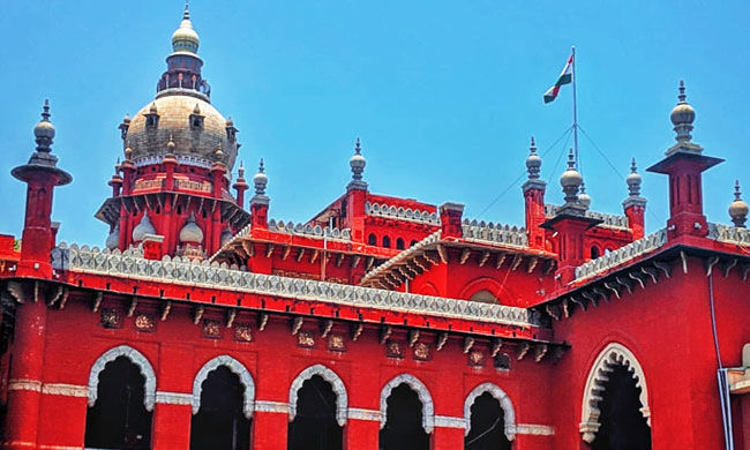Capitation Fee collected indirectly by educational institutions, no tax exemption: Madras High Court
Mariya Paliwala
4 Nov 2022 8:30 AM IST

Next Story
4 Nov 2022 8:30 AM IST
The Madras High Court has lifted the corporate veil of the educational institution for collecting involuntary capitation fees.The division bench of Justice R. Mahadevan and Justice Mohammed Shaffiq, while cancelling the registration under Section 12A of the Income Tax Act, noted that the amounts collected by the assessees were capitation fees for allotment of seats in deviation of the Tamil...
